Why did ten former secretaries of defence fear a coup coming from within the U.S. military, two days before the storming of Capitol Hill? Philip Gorski, author of The Flag and the Cross, joins Paul Jay to discuss the role of Christian extremists in the days leading up to Jan 6th and the growing strength of the movement.
Paul Jay
Hi, welcome to theAnalysis.news. I’m Paul Jay, and in a few seconds, I’ll be back with Philip Gorski to talk about his book The Flag and the Cross and to discuss Christian nationalism and the events of January 6. Please don’t forget there’s a donate button because we can’t do this without your support. If you’re on YouTube, subscribe. If you’re listening to the podcast, come on over to the website and sign up on the email list. We’ll be back in just a few seconds.
The House Select Committee, into January 6, has been investigating for months. Two words that are missing, maybe three words that seem to be missing from their investigation, are white Christian nationalism, which seems to be the real story of January 6. It’s certainly one of the more important pieces of the story.
On January 4, ten former secretaries of defense issued a letter in the Washington Post essentially warning the American armed forces to stay out of the results of the presidential election. January 6 was two days before [Mike] Pence was to confirm Biden’s presidency. On the same day, January 4, the former Supreme Commander of NATO [North Atlantic Treaty Organization], Admiral [James G.] Stavridis, issued a letter or a column in Time magazine which said more or less the same thing. It supported the letter of the ten former secretaries. So this had to be coordinated. We found out later this whole thing actually was coordinated by Dick and Liz Cheney. In that article, Stavridis says, “when Trump called the governor of Georgia, something must have gone down, a chill must have gone down the spines of the ten former secretaries because they realized Trump was attempting a coup.”
On the same day, January 4, the Financial Times, in an editorial, ends it by saying, “As bizarre as it seems, a coup is in progress in the United States.” Well, what were these people all so afraid of? We’ve yet to hear, as far as I can tell, anything from the House Committee about the threat from the U.S. military, or I should say sections of the U.S. military. The very senior commanders also warned sections of the military not to get involved. There was some kind of statement that came from the Chair of the Joint Chiefs, [Mark] Milley. There were also statements from at least the head of the Army, and I believe the head of the Navy also saying, stay out.
You don’t issue all these statements unless you’re actually concerned that some sections of the military might intervene. It seemed the plan was that on January 6, all hell would break loose on Capitol Hill, and the military would intervene. Together with these forces that had breached the building, stop Pence, or perhaps they expected Pence to agree and cooperate, not to confirm Biden.
I’ve made this point, which I’m about to say over and over again, and nobody else seems to be paying much attention to it. One hour after the doors were breached, the American Association of Manufacturers issued a public statement calling on Pence to invoke the 25th Amendment and remove Trump from office. That doesn’t happen in an hour. All these people knew something was coming. Of course, I keep asking the question, if everybody knew, how come they didn’t actually have the National Guard there to prevent such an occurrence from taking place? And that goes back to Senator [Mitch] McConnell and the Sergeant of Arms of the Senate who really controlled such things.
Let’s focus on just what was it that the ten former Secretaries of Defense were so concerned about. What’s going on in the military? What’s going on in the society that made them actually think a coup was in progress? Now that coup failed, but there’s lots of talk that all this can happen again. All this meaning support for Trump or a Trump-like figure and the discrediting of elections if whoever this figure is doesn’t win. So the issue is, where in the population is there really such support for this kind of politics? Certainly, the most important answer, I think, is white Christian nationalism.
So now joining us is someone who’s been studying the phenomenon of white Christian nationalism for quite a long time. His name is Philip Gorski. He’s a professor of Sociology and Religious Studies at Yale University. He writes on religion and politics in the U.S., and Western Europe. He lives in New Haven, Connecticut, although today he’s joining us from Amsterdam. His latest book, co-authored with Samuel L. Perry, is The Flag and the Cross: White Christian Nationalism and the Threat to American Democracy. Thanks very much for joining me, Philip.
Philip Gorski
Thanks for having me on the show, Paul.
Paul Jay
Now, just before we get into this, let me say when I think of American democracy, you can tell me if you agree with me. We’re talking about a process where there are elections, and people can vote. In the courts, there are presumptions of innocence and such. There are some basic, what I would call, and not unimportant very important, but formal pieces of democracy. There’s certainly no economic democracy, and in practice, for many Americans, not even basic rights, for example, if you live amongst the urban poor in most American cities. That being said, the threat we’re talking about is even to that much democracy, where people actually do get to vote and have legitimate elections. Are we agreeing on that?
Philip Gorski
Absolutely. We have a fairly narrow form of democracy that really is just electoral representation. There certainly have been many places and times where people had a much more expansive understanding of what democracy meant. That would have included greater economic equality, for example.
Paul Jay
Why aren’t people talking about just what was it these ten former secretaries of defense were so concerned about, or the former supreme commander of NATO and the Financial Times? What was it they thought could happen? It means they thought a section of the military actually could participate on the 6th and intervene. They don’t want to talk about that now because it makes them look weak. It makes them look like, wait a second. Are the Americans not in control of their own military? I mean, that letter from the ten former secretaries is essentially saying, and the Admiral comes out and actually says it, that acting Defense Secretary [Christopher C.] Miller, I think Stavridis uses the term doesn’t have the spine to stand up to Trump.
They’re telling the world that the leadership of the military and the broader political leadership— because Trump was still technically Commander in Chief, but he wasn’t supposed to be within a few days. It shows incredible weakness, and they don’t want to talk about it. They don’t want to talk about it in terms of geopolitical concerns; what do Russia and China think of a military that might be essentially in a state of mutiny or sections of it? It’s certainly not good for business to not have a peaceful transition of power. What does that mean to the kind of chaos in the American political system.
Philip Gorski
Yeah, we haven’t done any don’t have any survey data where I can say x percent of the military hold this form of Christian nationalist views. There’s certainly plenty of circumstantial evidence that there are folks in the military who do. We just need to think about people like Michael Flynn and General [William G.] Boykin, who have been very outspoken in this regard. Even if it hasn’t reached the top levels of the command structure, I think we all need to remember that coups are not made by the Generals; they’re made by the Colonels.
Paul Jay
What is white Christian nationalism? Let’s talk about what it is, and it’s certainly not something new. This isn’t something that arises with Trump. This sort of unholy alliance I would call between Republican politics and white Christian nationalism certainly goes back to [Ronald] Reagan.
Philip Gorski
Sure. So one way of thinking about white Christian nationalism is as a deep story about American history, or to put a finer point on it, a mythological version of American history that goes something like this. America was founded as a Christian nation. The founders were orthodox Christians. The founding documents are based on biblical principles. America has a special relationship with God and a special role to play in history. Its role is to spread freedom and Christianity around the world. In order to carry out this mission, it’s been given extraordinary power and prosperity. But that power and that prosperity, and the mission itself is endangered by the increasing number of nonwhites, non-Christians, and non-native born people in the United States. This is a way of thinking about American history, which is extremely common in many circles in the United States, even if it’s one that might be unfamiliar to some of your listeners.
We refer to it as a deep story, not only because it goes very far back in American history but also because it’s embedded very deeply in American culture. So deeply that it’s more like the water that some people swim in, or maybe a better metaphor is the lenses through which they see the world.
Paul Jay
Is it partly this conception of America that justifies genocide against Native people and slavery against Africans?
Philip Gorski
Exactly. So what your question raises is what I described earlier is a deep story, is Christian nationalism in some sense. What exactly does this have to do with race or with the white part? What makes it white is that it emerged during the period when the English settlers, in particular in New England, were engaged in a series of brutal wars with the indigenous peoples and also during a period in which slavery was increasingly becoming racial or racialized, as we would say. The way in which this manifested was in a kind of a mythological understanding of racial history in which enslaved Africans brought over to the English colonies were the inheritors of Cain, who had been cursed by God and condemned to eternal servitude. It was also a period in which some of the most radical Puritan theologians were conceiving of the Native Americans not just as heathens as they initially thought but actually as demonic forces or Satan worshippers. So in this way, Christianity in America in many forms becomes entangled with racism very early on.
I would add that this is not the case for all forms of Christianity. In every generation, there were Christians who stood for inclusion, universalism, and equality. The problem is that they have not been the dominant force within American Christianity during most periods.
Paul Jay
So if you take this forward into the 20th century, when does it become such an important political phenomenon, or was it previously? Maybe that isn’t something new.
Philip Gorski
It is really kind of a perennial phenomenon. It tends to move to the fore during periods of war, during periods of immigration, and during periods of rapid social change. Guess what? We’re living in a period where all three of those things have been steadily humming away in the background. We live in a period of one war after another. We live in a period of mass immigration. We live in a period of economic disruption. White Christian nationalism is the form in which backlash against those developments has often taken place.
Paul Jay
It’s also been very entwined with U.S. foreign policy. There always seems to be, and you can even see it now. There’s a level of concern for what’s happening in Ukraine far beyond what’s happening in Yemen. There’s a feeling that these are white Christians that are being killed in Ukraine, of course also by white Christians, the Russians, but nowhere near the same kind of concern about what happened to people in Iraq or Afghanistan and so on.
Philip Gorski
Absolutely. So it’s white Christian nationalism. It has helped to legitimate the territorial expansion of the United States. Once the United States reached the Pacific, it began to legitimate American imperial adventures overseas and initially in South and Central America and the Caribbean since World War II, all over the world.
Paul Jay
The phenomenon of white Christian nationalism and how intertwined it is with U.S. imperial ideology it’s certainly not exclusive to white Christian nationalism. This kind of American exceptionalism and looking at most of the rest of the world, certainly the non-European world, as less than, perhaps even less than human in some. That’s not just white Christian nationalists. The Dick Cheneys of this world, the neo-cons, even Lyndon Johnson during the Vietnam War, and for the elites, this is something that seems imbued in the whole ideology of American exceptionalism. How do we distinguish that from white Christian nationalism?
Philip Gorski
I would say that the roots of American exceptionalism are in white Christian nationalism. Exactly. This idea that somehow the United States is destined to expand, to control, and to rule the world is rooted in white Christian nationalism. It’s true that there are secularized, rational forms of it—a kind of foreign policy realism of a certain sort. I do think that’s really very much where the roots are. I think that American exceptionalism of a kind of a popular kind really is just a politer form of Christian nationalism, if I can put it that way. A kind that doesn’t shout quite as loud about blood sacrifice and battles between good and evil. Though honestly, I think that era of kinder, gentler American exceptionalism that we saw from perhaps Reagan through the second [George] Bush presidency is certainly very much behind us. For instance, the Trump presidency, where there is quite explicit talk about blood, race, and territory.
Paul Jay
It’s more the overtness of the language. Certainly, the invasion of Iraq wasn’t kinder or gentler. Bush immediately framed 9/11 as a battle between good and evil. Reagan did a similar thing during the Cold War with the Soviet Union. So as you say, these things are not so disconnected. It’s just this particular form of it is more overt, but it does represent a specific political force now. It used to be that this Christian nationalist, Right Christianity was very allied with Reagan and the Republican Party. Now, this white Christian nationalist grouping around Trump, which is a very significant number of people. I don’t know how many of the 75 million people that voted for Trump would identify as white Christian nationalists. I would think a large number did it just because they want lower taxes and don’t give a shit about anything else but lower taxes. It could be 20 or 30% of that vote— I’ve seen numbers like that—represent a strong Christian nationalist ideology.
The only thing, right now, that political force seems to hate more than socialists, which seems to be one of the things that’s at the core of their ideology is the hatred of socialism. They love calling the Democrat socialist, even might think it, but they know they’re not, but still. They hate that Cheney-esque neocons who, up until not that long ago, seemed to be more or less on the same page. What is the schism between the Republican establishment as represented by Cheney and the neocons and, of course, Liz Cheney sitting on this January 6 Committee and this white Christian nationalist around Trump?
Philip Gorski
Well, let me put it to you in terms of a metaphor. So political scientists and historians often speak of the Reagan coalition as being a little bit like a three-legged stool that consisted of social conservatives, defense conservatives and fiscal conservatives. It was never really a three-legged stool. There was always a hidden fourth leg, which was racism or white supremacism. I think what’s happened is as that fourth leg has become visible and indeed one of the most important legs of the Republican Party, that defense conservative leg has fallen away.
I think there are two other reasons for this schism within the Republican Party. One is simply that the major enemy now for white Christian nationalists is not external; it’s internal. It’s not godless communists. It’s not so much radical Islam anymore. It is secular humanists, liberal progressives, and all the various stripes that they come in. The second thing is that folks who were part of that neoconservative or defense conservative were themselves often relatively liberal on social issues. I think that kind of push and pull has really ripped that leg off. Those folks, Bill Kristol’s of the world and the David Frum’s of the world, David Frum being the one who wrote that speech about the axis of evil, by the way. I mean, they’re the ones who are really finding themselves homeless now in the Republican Party.
Paul Jay
Well, they may have a home in the Democratic Party, which is a pity. As bad as the Democratic Party was on foreign policy, these guys are making it even worse. The ideology of white Christian nationalism, which has been, as you said, with us since slavery and genocide against the native people and has justified this kind of brutality through a religious grammar. It seems to have taken on a new life after World War II in the Cold War against Godless communism. This hatred of the Left and socialism, which is rooted, I guess, in the post-Cold War years particularly, seems as active as ever.
When Trump attacks things and his cohorts, it’s usually the Left and the socialist. You listen to Tucker Carlson, and he’s going on and on against the Left. What’s at the roots of that hatred? I remember there’s one line when [Barrack] Obama was running against [John] McCain, in the last week of the election, McCain was getting really desperate in the polling. He started a new front of attack on Obama, calling Obama a socialist, which is kind of a joke because Obama was not a socialist. The one-line Obama had, which is one of the few, actually, I was never a big Obama fan, but he had one line I thought was really good. When McCain accused him of being a socialist, Obama’s answer was, well, my Bible teaches me I should be my brother’s keeper. So, I mean, what exactly is the Christianity these people believe in when they would hate the idea that they should be their brother’s keeper?
Philip Gorski
It is a bit of a puzzle, isn’t it? I guess the first thing to say is that socialism, when people on the Right chat about socialism, socialism, for many of them, is really an umbrella category under which they include everything I hate. So it can be a way of talking about race without talking about race. It can be a way of talking about immigration without talking about immigration. It can just be a way of voicing hostility in more ideological terms.
You do make a really good point. What sort of Christianity is it that is so validly anti-socialist? There certainly are plenty of passages in the Bible that compare perfectly well with socialism as we now think about it. I think the way that most Christian nationalists and many Christian conservatives think about this is they think in terms of personal accountability. So there’s a phrase you’ve probably heard out there somewhere, maybe even from a conservative friend, neighbor or relative, and this is just the idea that everything that happens in your life is your responsibility. Are you saved? Are you damned? Are you rich? Are you poor? Are you married, or you’re single? This is all up to you. And that history and social context matter, not a way.
Part of what this is about is it’s a way for folks who are born into relatively privileged lives to feel like they made it all themselves. One thinks about a certain former president who was born with a platinum spoon in his mouth. Several of them, in fact. It’s, of course, also a way of blaming people who are less well off for their own misfortunes, as if the guy who was born on third base and made it home is exactly the same as somebody who gets one chance, gets one swing at a hard fastball.
Paul Jay
Now, people that believe in Christian nationalism, white Christian nationalism, and some of whom are extremely rich, as far as I can make out, the still-living Koch brother seems to be a Christian nationalist himself. Robert Mercer and his daughter Rebecca really played an instrumental role in Trump becoming president. They used to own Breitbart News, where Steve Bannon worked. They brought Bannon and Kellyanne Conway into Trump’s campaign. The Mercers seem to be Christian nationalists themselves. Of course, a lot of ordinary people are really true believers and do believe that their enemies, be it the Democratic Party or the actual Left and socialists, are the devil’s tool. It’s not an abstract good and evil, almost a literal good and evil in the sense they are in a battle with the devil.
If we bring that into the events that led up to January 6 and the concern of these people, a wide range of people, that something was going on in the U.S. military, how threatening is this now? As we head into 2022 and 2024, in terms of the military, in terms of society, millions and millions of people think they’re at war with the devil.
Philip Gorski
I think it’s more dangerous than ever because it’s more organized and more radical than it was five years ago. I think, in particular, there’s been one shift that I would really emphasize. I think this is maybe something that secular observers or people who don’t study this stuff for a living as I do miss. If you think back to who was George W. Bush’s spiritual advisors, they were more people in the mold of Billy Graham. They were upstanding, pious evangelicals for whom words like polite and civil and winsome were marks of good character. If you look at the people whom Donald Trump surrounded himself with, they were not evangelicals. They were Pentecostals, which is a somewhat different animal.
Let me delve in very quickly to the theology here and hit on two points I think are especially important to understand here. So one is the Pentecostal doctrine of the seven mountains taken from a Bible passage. The basic idea is that there are various spheres of power, mountains of power, or hierarchies and that it is the task or vocation of Christians to conquer and control every single one of those peaks: education, business, entertainment, politics, so on and so forth. How are they going to conquer those peaks? Well, this is where the second doctrine comes in. This is what they refer to as spiritual warfare. This is the idea that we are surrounded every day, all the time, by an ongoing struggle between visible and invisible forces of good and evil. As a certain kind of Christian, you are called to be a soldier in this battle.
Just to give you a sense of how concrete and real this is, let me just point you to the date between January 4 and January 6, namely January 5. On that day, there was an event referred to as the Jericho March. Now, those of you who are familiar with the Jewish scriptures or the Christian Old Testament will know that this refers to Joshua’s March around the city of Jericho. One of the things that they did was they blew out these ceremonial ram horns known as shofars. Well, this is exactly what the Jericho marchers did. They marched around the capital, blowing shofars. The idea was that the capital was being controlled by evil and demonic forces like the Democratic Party. What they had to do was expel those forces so they could capture the capital in the same way that the Israelites captured the city of Jericho. Who are some of the folks who were present for the Jericho March? Well, Michael Flynn, for example, the return to our earlier theme about connections to the military. Flynn being, as many of your listeners will know, a long-time defense intelligence analyst and then, for a time, Donald Trump’s national security adviser.
Paul Jay
Let me add that Flynn’s brother is a Senior Commander, I believe, in the Pacific Command of the U.S. military.
Philip Gorski
Doug Mastriano, who is now the official GOP nominee and probable front runner for the Governor of Pennsylvania. He’s a very devout pentecostal and preacher of spiritual warfare. So this is just all to say that if you thought that the Christian Right was radical ten years ago, they are far more radical today.
Paul Jay
Why? Why do they have so much strength and organization? Not just at levels of ordinary people, but it seems even at levels of the elite.
Philip Gorski
They’ve been at it for a very long time. I think the fact that they’re brought together by religious faith on a regular basis creates a wellspring of organizational solidarity that the Republican Party and Christian Right leaders have been extremely effective in channeling into politics. The truth of the matter is there’s nothing remotely equivalent anywhere on the Left. There used to be unions 40, 50, and 75 years ago, but as we all know, they’ve been severely weakened. Even if they may be making a small resurgence today, it’s nothing remotely equivalent in organization.
Paul Jay
It’s not just an ideological phenomenon. They seem certainly connected to the fossil fuel industry. Climate science denial seems to be a big piece of this ideology. I know there are some sections that didn’t like the lying of the Iraq war, but they also seem to have connections with the military-industrial complex. There is an economic spine to this, certainly at the more elite levels, at any rate.
Philip Gorski
Absolutely. This, again, though, I would just say, is nothing particularly new. There has been a close relationship between business elites and conservative Christians for a very long time. In fact, there’s actually even been a lot of movement across those boundaries. A lot of very prominent religious leaders, such as Dwight Moody of the Moody Bible Institute, famous revivalists. They actually started out their careers in business during the teens and twenties, particularly after the beginning of the New Deal. There was a very concerted and conscious attempt by groups of conservative business meant to first nurture preachers who would transmit a message that was a version of Christianity that went well together with their economic interest and even more so since the 1980s.
What do the Koch brothers believe, or what did they believe religiously? Hard to say. What certainly is true is that they’ve found in the Christian Right a useful mass ally, a useful group of voters. They can get to the polls and have therefore been willing, out of interest or conviction or both, to funnel enormous amounts of money towards them.
Paul Jay
It’s very possible, some say likely, that in 2022 the Republicans will control perhaps the House, perhaps the Senate, perhaps both. And that could well be white Christian nationalist Republicans controlling the House, perhaps the Senate. They already seem to more or less control the Supreme Court. In 2024, they might elect a president. I personally don’t think it’s going to be Trump, but it doesn’t have to be Trump to represent those same forces. What do they want? If they actually do control all three branches of government within very few years, what America are we going to see?
Philip Gorski
I think we’re just going to see more of the same. I don’t think there are too many surprises out there. So they’re going to want to exert much more control over teaching about history, especially about American history, teaching about race in particular. In the schools and also in the universities, they are going to want to push through measures that will reinforce a patriarchal household and undermine the rights of women and sexual minorities. They’re going to want absolute freedom for gun owners. They’re going to want to really finish building that wall and to backpedal as far as possible on immigration. I suppose the only thing that they won’t want that the old GOP establishment seems to want is rollbacks, social security, and Medicare. At least not for people like themselves. They don’t want the government interfering in their Medicare.
Paul Jay
Might they pass the kind of restrictive voting laws nationally that we’re seeing in certain States?
Philip Gorski
Right. And that, I think, is the other thing that we will see that we’ve seen in similar authoritarian regimes that have taken power in places like Hungary, Poland, the Philippines, and Turkey. All kinds of changes to voting laws, representation, and court appointments will help them sort of shore up and perpetuate their power.
Paul Jay
Now, this strengthening of these forces didn’t happen in a vacuum. To some extent, do you think that it happened because of the Democratic party ignoring whole sections of rural America, not being all that concerned about what was happening to the public education system in large parts of the country, the deindustrialization that took place, which a lot happened under [Bill] Clinton and Obama? I don’t think any of these particular Democrats are to blame. It’s part of the development of modern global capitalism. It would have happened one way or the other, but these people do get blamed for it. The corporate Democrats, as long as they could win the big cities, they kind of didn’t care that they lost the rest of the country. So it’s not like the Democratic Party hasn’t had a hand in helping at least till the soil for this development.
Philip Gorski
I certainly can’t disagree with that. I completely understand why people in the deindustrialized Middle West or impoverished parts of the South, people who have seen their communities bled dry and depopulated and effectively ignored for decades now, and why they’re angry. That doesn’t surprise me one little bit, and I don’t think there’s any doubt that the Democrats were complicit in a lot of this. NAFTA [North American Free Trade Agreement], after all, began under Bill Clinton. That said, I think in terms of which party might actually be willing to do something serious to help these folks, I don’t think that’s the Republican Party. I think that’s the Democratic Party, at least by something you mean other than further loosening gun laws and further lowering taxes, which I don’t think at this point is really going to be a material benefit to these folks.
Paul Jay
Now, up until the invasion of Ukraine, there seemed to be a certain sympathy amongst some of these forces for Putin. I know Tucker Carlson, who I think is one of the voices of this crowd, always had a bit of admiration for Putin. So did Trump. The invasion made it a little difficult to keep that up. They saw Putin as the defender of white Christian faith, his revival of the Russian Orthodox Church. They seem to have a great hatred for China. In terms of foreign policy, that’s the thing that concerns me the most. Bannon has talked about a bloody struggle with Islam and with China, and I think they’re now more concerned about China than Islam. I think Bannon seems to represent the more politicized sections of this movement pretty well, and it seems that is what they believe. How concerned would we be with this type, with a Trumpest presidency and what that might mean with the possibility of war with China?
Philip Gorski
So why do they love Russia so much? Partly because of the things that white Christian nationalists like Steven Bannon value most: order and hierarchy. By order, they mean, above all, racial and religious uniformity and purity. They see in Russia a sort of idealized picture of a society that’s religiously unified, that’s racially pure, and of course, strong and masculine and willing to stand up to and take on its enemies. I would hate to add that this is a kind of complete Disneyland version. This is like an EPCOT [Experimental Prototype Community of Tomorrow] version of Russia, which is not at all religiously observant, and is not, in fact, particularly racially or ethnically homogeneous, but that’s sort of what they project onto it. Of course, what do they see in China? They see a racial other. They see a religious other. They see a threat to American power and dominance in the world. I really do think that for many, it’s that simple. I’m sure they’re more complicated, and economic and geopolitical considerations play some roles there as well. I think really at the root of this anti-China animus, it’s just the religious, racial otherness of it.
Paul Jay
Again, it serves the economic interests of certain sections of the elite, particularly the military-industrial complex. I’m not so sure big tech likes it because they want to get at the Chinese market, and so do sections of finance. Almost war with China is pretty good for the arms industry. How do they relate? Is it sort of deliberate and conscious? Is it spontaneous or kind of both?
Philip Gorski
It probably is a little bit of both. I mean, Steve Bannon, with all due respect, is not a stupid person. I think he is able to think in these sort of large geostrategic terms, but I think your sort of average Tucker Carlson listener for them it’s just really more this kind of visceral animus that they feel about China showing up to eat my lunch, to take my job, to change my country.
Paul Jay
Bannon started the ‘Stop the Steal’ campaign in September, a month before there was an election. He went on a national ‘Stop the Steal’ tour before there was an election. On September 17, six weeks before the election, Steve Bannon appeared on the Tucker Carlson show and called for a war starting on November 4 after the Democrats, quote, stole the election from Trump. Carlson is, of course, nodding his head in agreement. There should have been no surprise with what happened after November 3. It was all planned in the open.
Excerpt
Steve Bannon: “The Democratic Party has traumatized their base. They are not going to come out and vote. Somehow they have to concoct some effort to steal this election because they are not going to get people to come out and vote on game day, the third of November of this year. That’s what I have been working on for the last couple of months. I was never going back to the campaign, and that’s where these guys messed up.”
“My platform is bigger now. My voice is bigger. I’ve got more resources. All we are focused on is to make sure that the progressive Left and the corporatist cannot steal the election from Donald Trump. I’m more focused than ever. We’re kicking off a national tour on Monday called ‘The Plot to Steal 2020’. They’re not going to stop my voice in assisting President Trump and making sure that this election that he is going to win on the third is not stolen from.”
Tucker Carlson: “And then maybe the real contest begins. Steve Bannon, I’m glad you came on. Thank you very much.”
Steve Bannon: “That’s when the war starts.”
Tucker Carlson: “I’m beginning to think that’s true.”
Paul Jay
Their plan was, and I guess, could still be essentially a real coup that overthrows the way at least votes are counted, if not voting itself. When you say what they want is an [Viktor] Orbán style Hungary, even Putinesque style America, you’re saying what they want is a religious autocracy?
Philip Gorski
Or they want a kind of kleptocratic authoritarian regime that is kind of dressed up in religious garb. That’s maybe the way that I would put it. They want a kind of religious fig leaf to hide their business behind, is what they want.
Paul Jay
When you’ve talked, I assume you have as part of your work, if not otherwise. When you talk to ordinary people who are believers, do you have any success if you’ve tried to kind of get through to them? I mean, there’s the Christianity of love your neighbor, treat others as you want to be treated, turn the other cheek. And then there’s the Christianity of the Crusades. This white Christian nationalism seems to have more to do with the Crusades than it has to do with any message of Jesus I ever heard.
Philip Gorski
That’s absolutely right. I think there is a bit of hope in that, that there are many younger Christians who are troubled by what’s going on in their own Church or troubled by what’s going on in the country—troubled enough that it might eventually change their politics and even their votes. Some of them are not homophobic or anti-LGBTQ. They believe that global warming is a thing, and they’re actually worried about it. I think it can matter to speak out to folks like them, and certainly, even if you disagree with them on certain kinds of issues, we need all the allies that we can get right now in order to defend American democracy. That is going to mean, I think, if there’s going to be any hope of rescuing democracy, it’s going to mean aligning with people with who we might have some pretty serious disagreements about policy issues but with whom we fundamentally agree about the value of democracy. It’s crucial to the American project.
Paul Jay
I was just reading reports on this meeting of the Southern Baptist Convention that’s going on now, and in several of the reports, and I’ve seen this previously, it says that 70% of the people who are, I think 14-15 million people of their congregation voted for Trump, but that means 30% didn’t. That’s a significant number; 30% didn’t vote for Trump. I knew that was at the time of Obama. Amongst a lot of the evangelical congregations, at least 20% to 30% voted for Obama. It’s not monolithic by any means, but I don’t know if there’s much deliberate organizing going on amongst that 30% because it would seem to me the best people to talk to of the 70% are the 30%.
Philip Gorski
I think that’s right, and there definitely are active efforts along these lines. One organization that I’ve had some involvement with and done a few interviews with is the Baptist Joint Commission on Religious Liberty, which is very strongly for separation of Church and State. For that reason, they are very worried about the theocratic tendencies that have emerged so sharply on the religious Right and especially amongst Christian nationalists in recent years. So I do think that there are allies out there. Are they as well funded as some of these Christian Right organizations? No, but they are very motivated, and they are working very hard. I think it is important, as you say, for secular progressives to just be aware that there is a religious Left. It’s smaller than the religious Right, but it exists with whom you may agree. There are also principled conservatives, people like David French, Peter Wehner or Russell Moore, again, with whom I would disagree on a lot of policy issues, but who are also terrified by what’s going on and have never been Trumpers pretty much from the get-go and continue to be really strongly opposed to the rise of this populist and authoritarian Right amongst many of their fellow Christians.
So I think we do really need to be just as the Left is in a monolith. I think a lot of it’s probably bridal when people on the Right talk about the Left as if we all agree about everything because we very obviously don’t. A party that runs from AOC and Bernie Sanders to Joe Biden and Joe Manchin. On the other end of the spectrum, there’s a lot of disagreement. So we just need to be aware that this is also true amongst conservatives. There are still some principled conservatives, if not necessarily in the congressional delegation, once you get beyond Adam Kinzinger and Liz Cheney, with whom one could potentially ally, who do share our concerns and fears right now.
Paul Jay
Just finally, why do you think the Jan 6 Committee and certainly the preponderance of mainstream media are more or less ignoring the whole issue of white Christian nationalism when they talk about the 6.
Philip Gorski
It is interesting that it hasn’t come up because Sam and I and a bunch of other people who study white Christian nationalism actually did submit written testimony to the January 6 Committee. A number of people, including Sam, actually also gave oral testimony before members of the Committee. They certainly have plenty of material to work with, and I don’t know why it is that they haven’t put this front and center. I certainly agree with you that if you are trying to figure out what was the real animating force behind January 6, it was not, quote-unquote, conservatism. It was not populism. It was white Christian nationalism. All you need to do to confirm this for yourself is just use your own eyes. Look again at some of those pictures that we have of the insurrection, in particular at the different symbols that were there. You had the wooden gallows and the wooden cross, you had Trump flags, you had Christian flags, you had MAGA banners, and you had ‘Jesus Saves’ banners. That mix of things might have looked to you like it was a sort of a jumble, but it’s very clear to me, and I hope clear to folks who are listening in, that was all the piece. That was white Christian nationalism that we saw in its most violent and virulent form on January 6.
Paul Jay
I think the media and these politicians—
Philip Gorski
That is part of what’s going on to. They don’t want to say it out loud.
Paul Jay
I think they’re afraid of them, and some of them are part of them. It’s not only Republicans that are involved in this. There are certainly sections of the Democratic House and Senate either involved directly in white Christian nationalism or the Catholic variation of Opus Dei, and they just don’t want to get into a fight with the religious Right. I think the secular Left in the country is highly underestimating how strong these forces are.
Anyway, thanks very much for joining me, Philip.
Philip Gorski
It was my pleasure, Paul.
Paul Jay
Thank you for joining me on theAnalysis.news. Please don’t forget the donate button, subscribe, and the ring button on YouTube. Come over from the podcast, and sign up on the email list. Thanks for joining me.
Podcast: Play in new window | Download | Embed
Subscribe Apple Podcasts | Spotify | Android | iHeartRadio | Blubrry | TuneIn | Deezer | RSS
Never miss another story
Subscribe to theAnalysis.news – Newsletter
“Philip Stephen Gorski is an American sociologist and a Professor of Sociology and Religious Studies at Yale University. He writes on religion and politics in early modern and modern Western Europe and North America from a comparative historical perspective.
His current work focuses on the history and politics of White Christian Nationalism and American Civil Religion. He is currently co-authoring a book on the enduring influence of white supremacism on white Protestantism.”
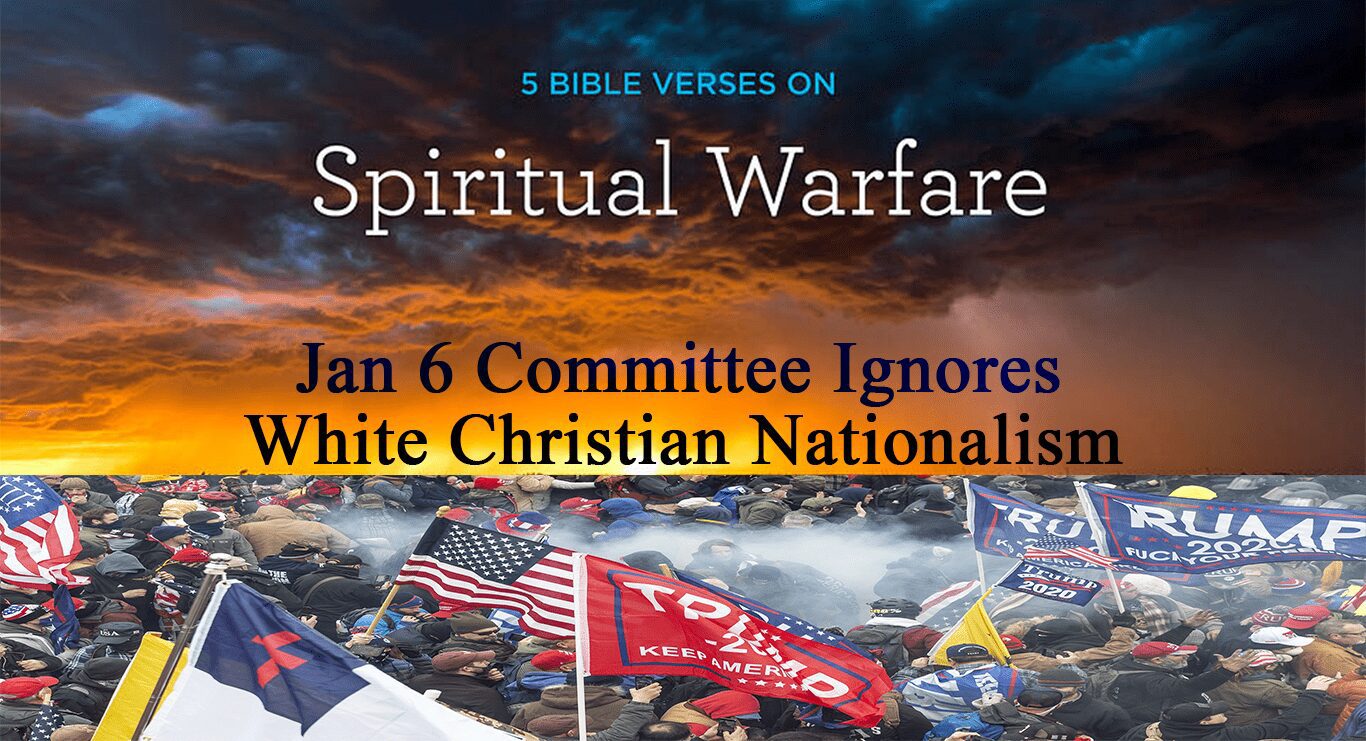
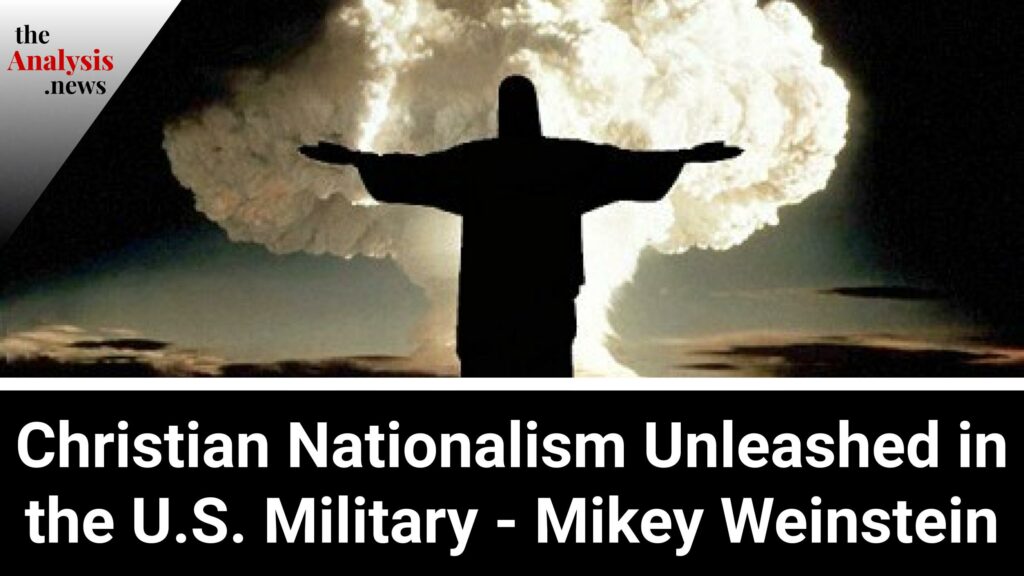
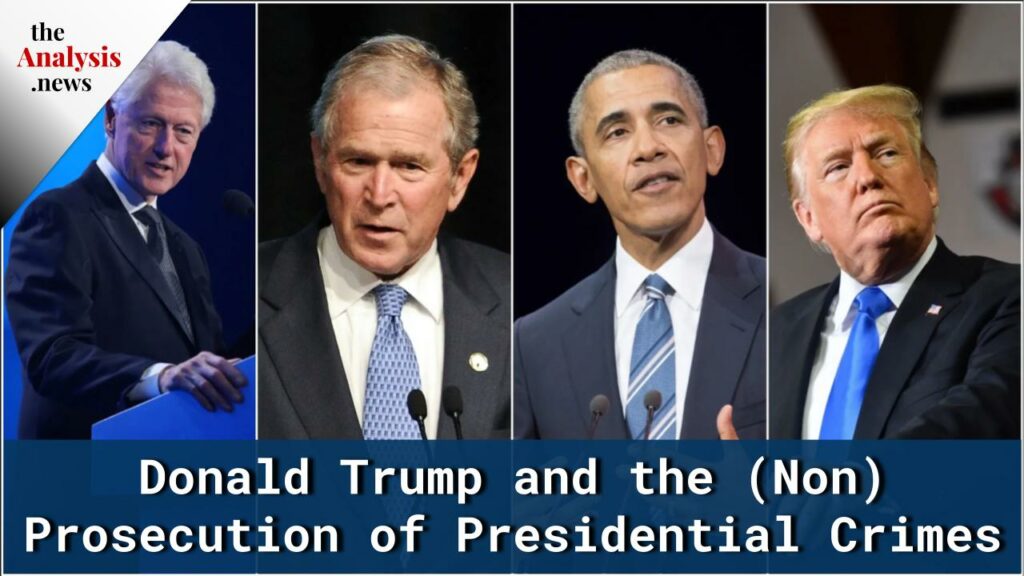


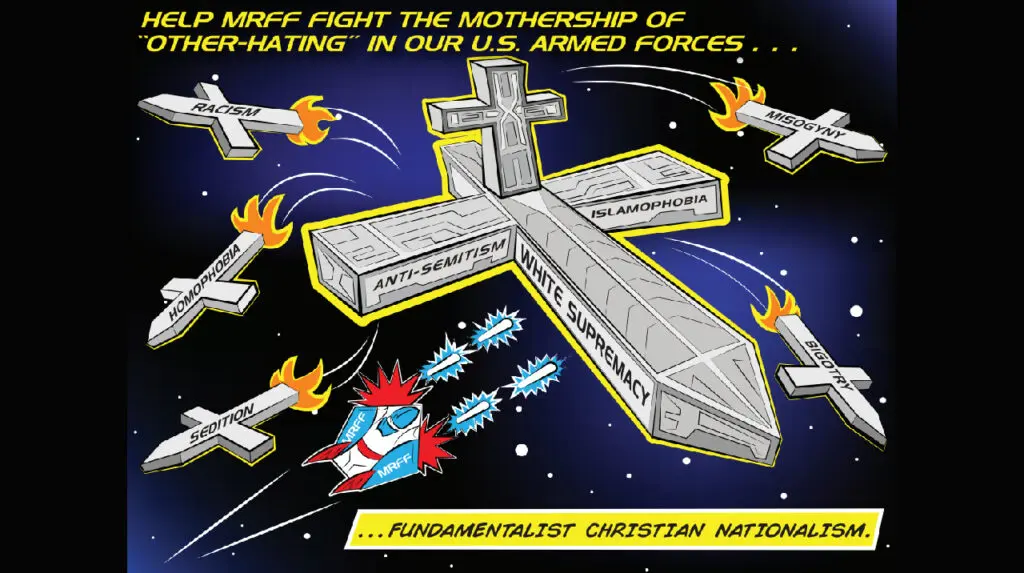
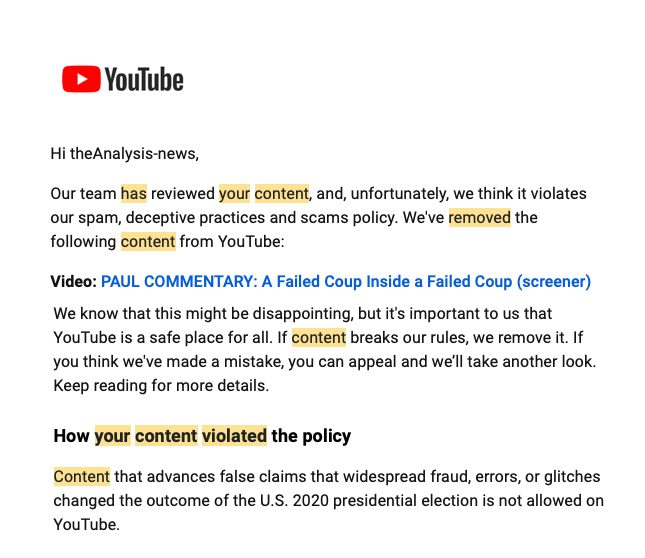

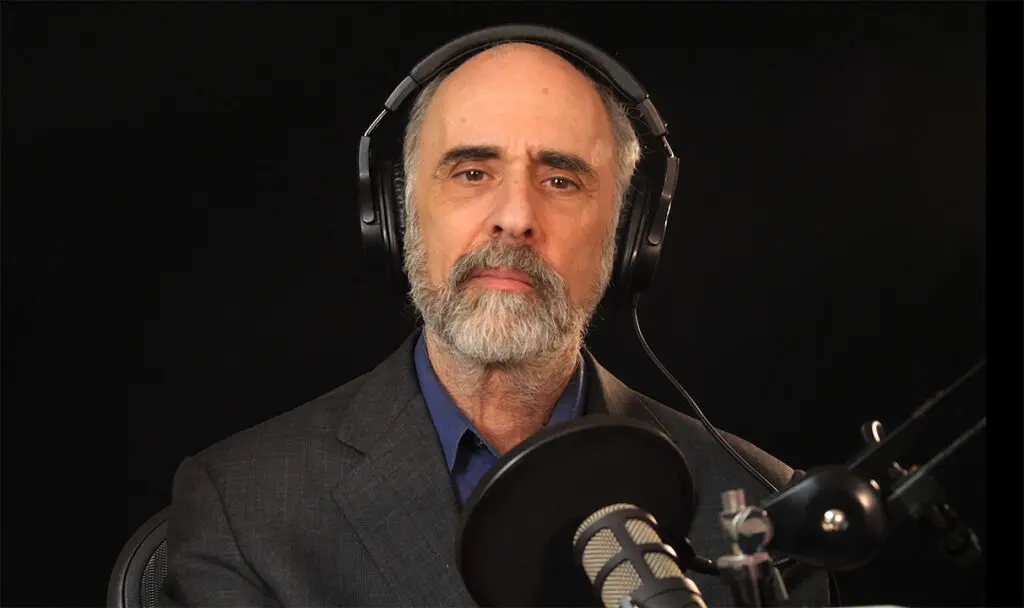
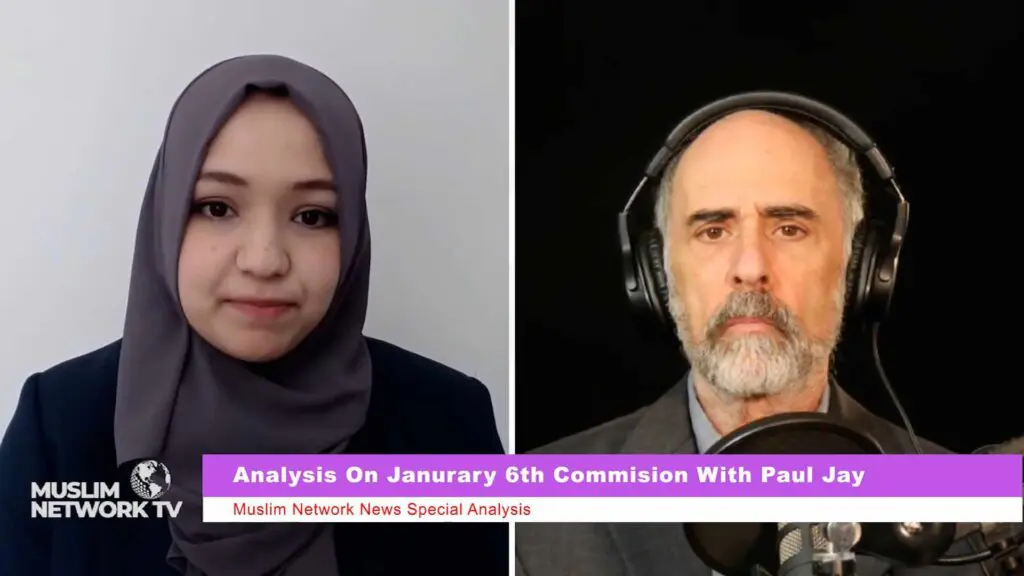
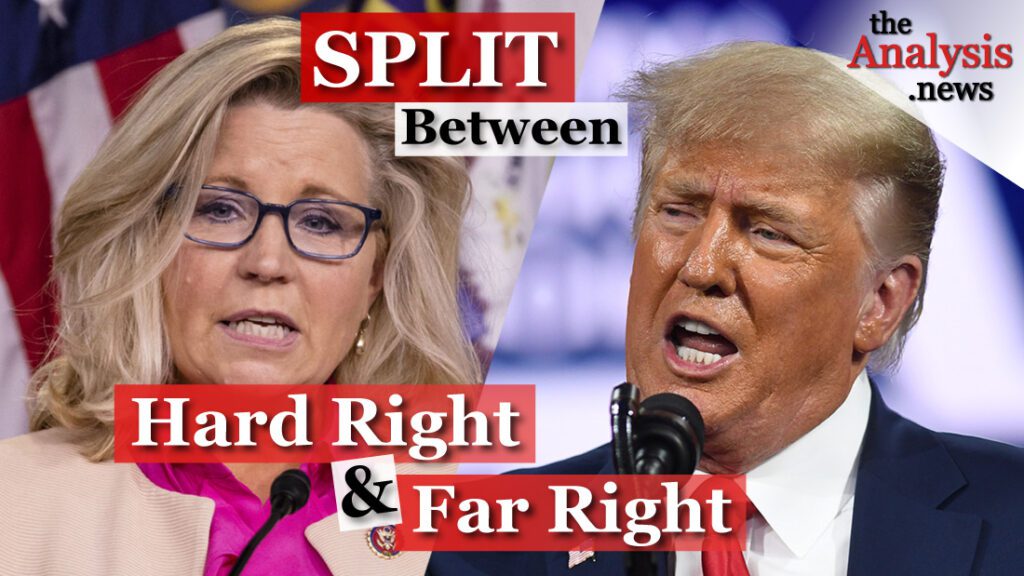
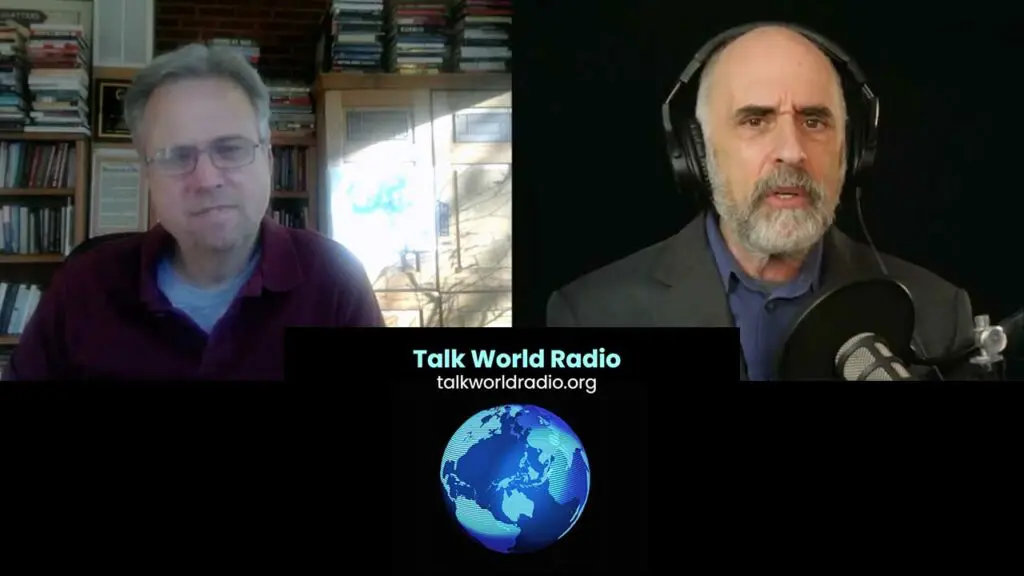
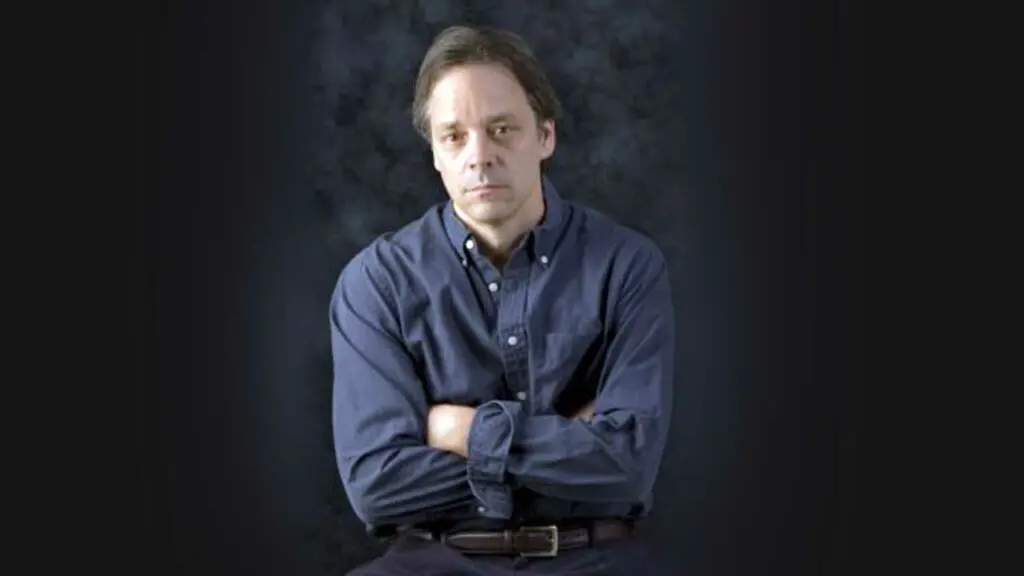
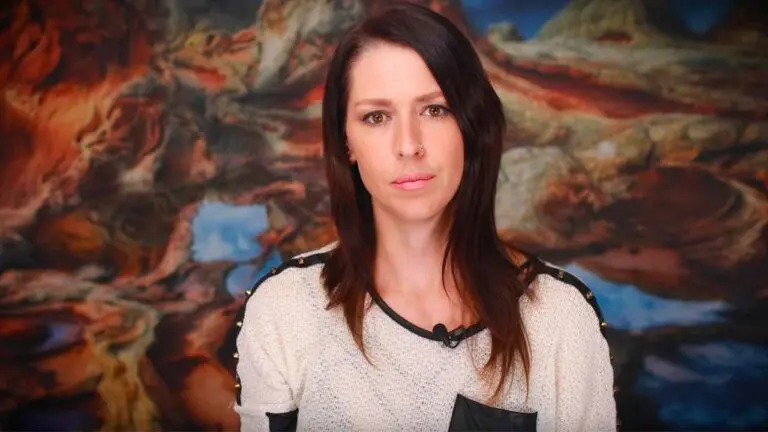
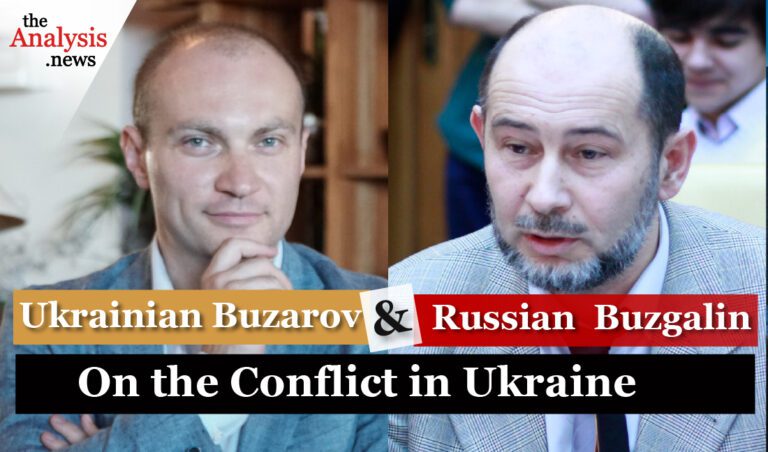

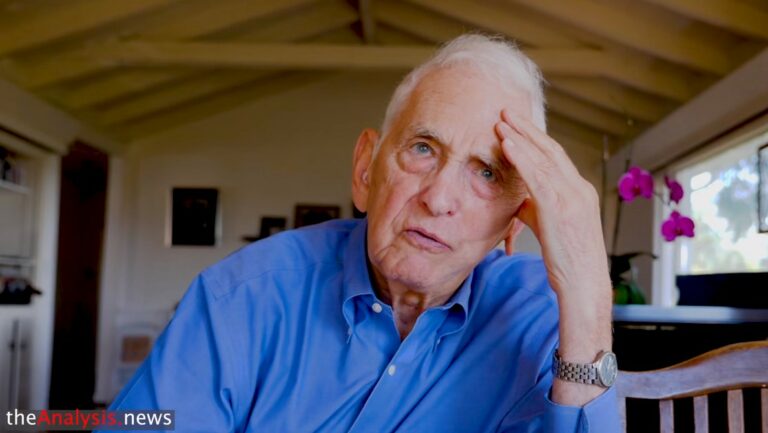
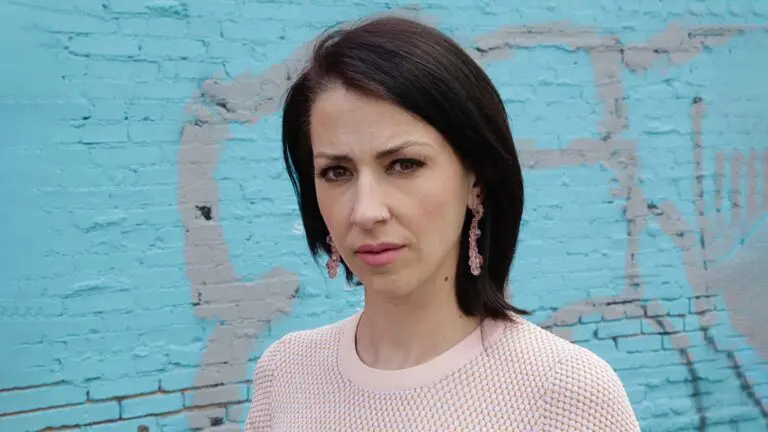
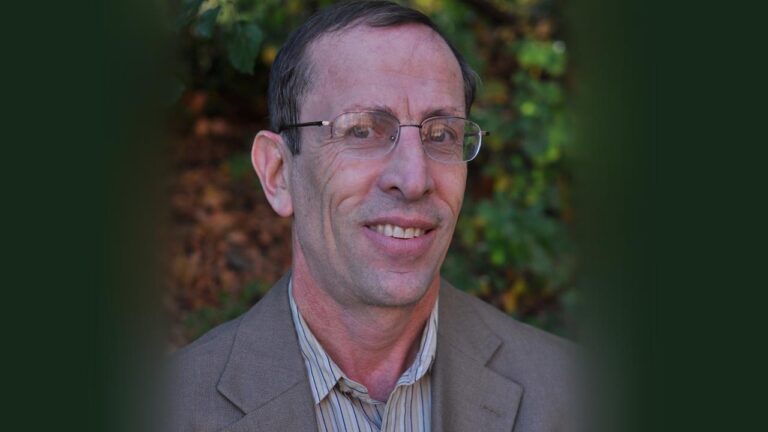
Paul:
You mention that the Jan 6 committee and mainstream media do not report on the influence of Christian Nationalism. I remember an earlier interview with
Mikey Weinstein about the US army, and a lobbyist he hired said that the religious lobby gives a lot of money to candidates and told him his efforts were a lost cause. Also, Chris Hedges spoke about the rise of the Nazi party in Germany, and the industrialists used them to destroy what they feared most: communism or socialism that meant sharing power with the workers. I suspect that there isn’t an effort to impeach Trump and confront nationalism to avoid a precedent of holding power (of the President) to account, when that power enriches elites, and because Christian nationalism, like your guest says, is a fig leaf that can cover attacks on what they fear most: sharing power with the working class. This will likely backfire in the long run, like it did for the industrialists in 1930s Germany when they lost control to Hitler: as others have said, history doesn’t repeat, but it often rhymes.